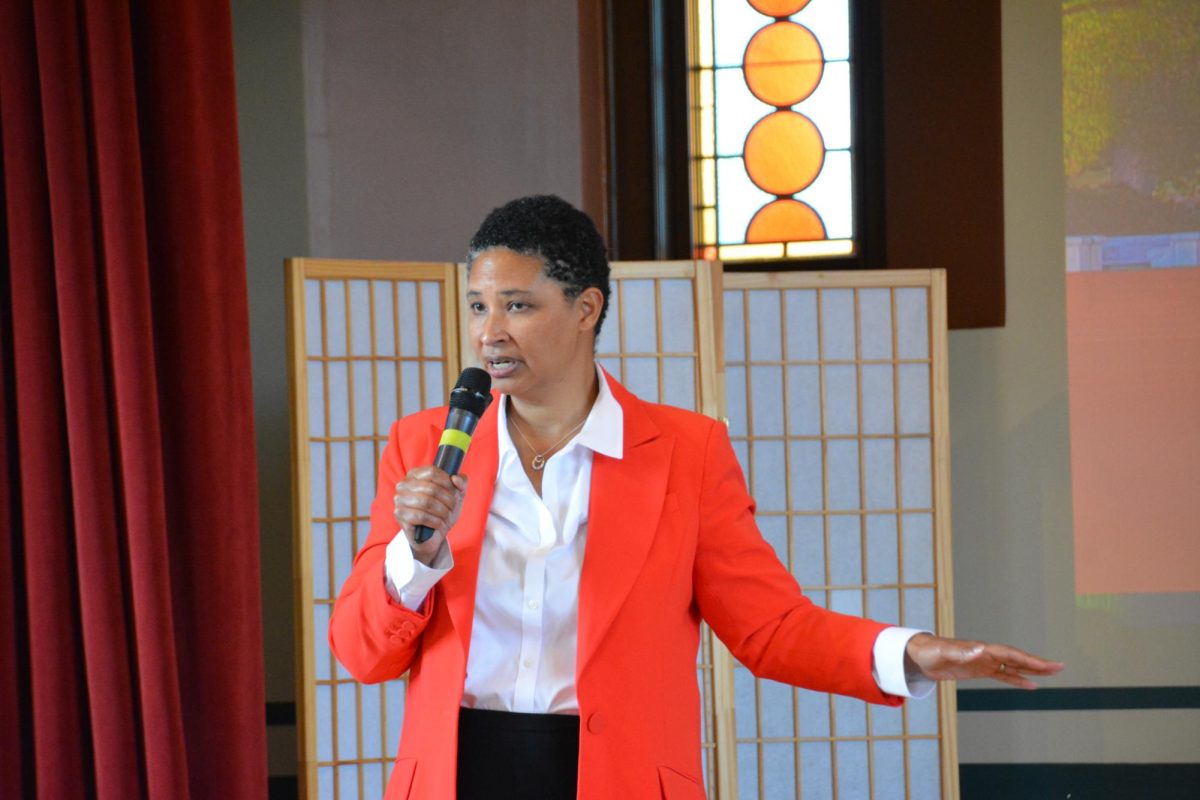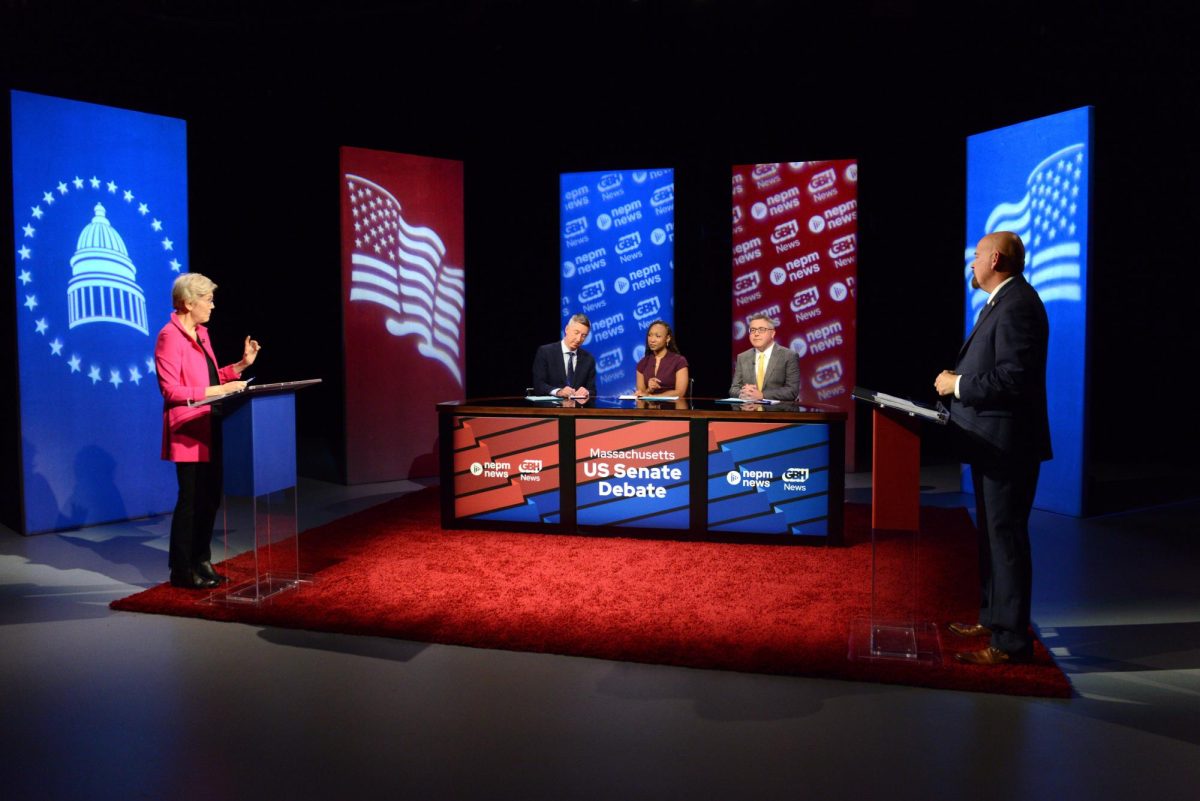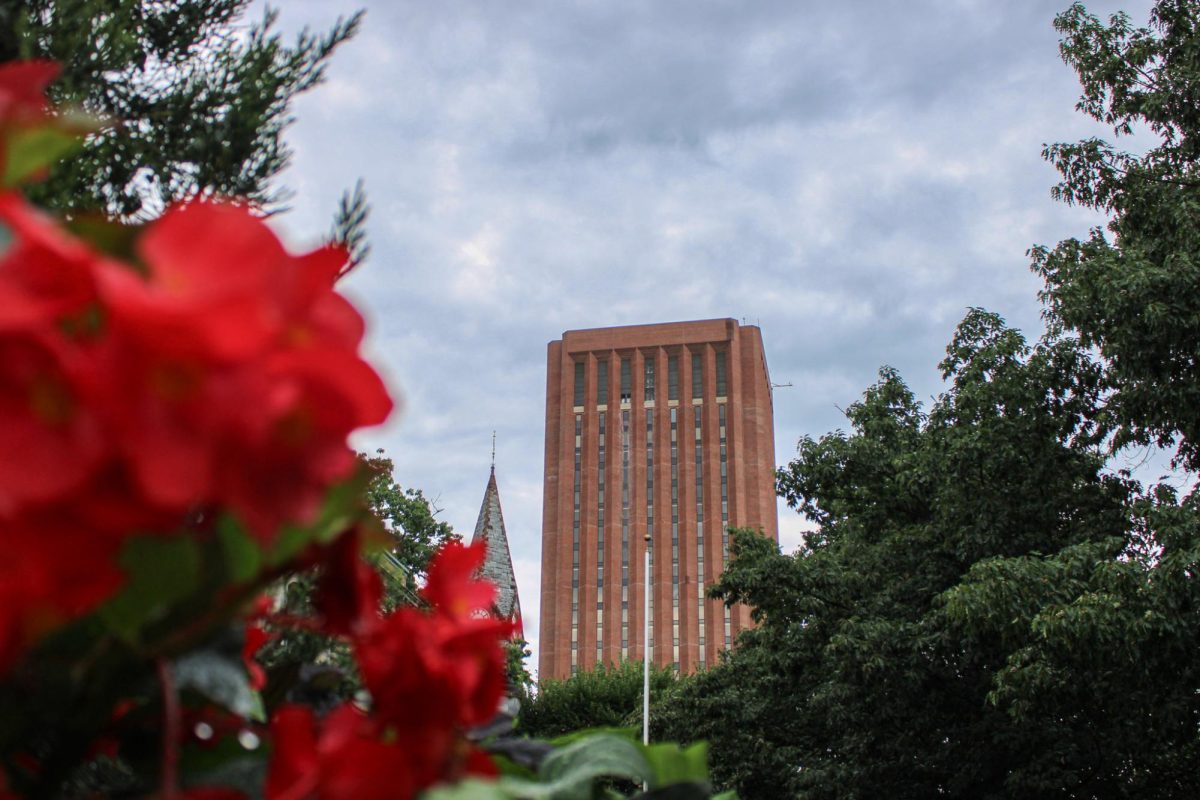
A federal lawsuit was filed against the University of Massachusetts by a former student alleging he was denied his degree following an investigation into a case of sexual misconduct last year.
Filed on Oct. 11, the suit alleges “gender-based discrimination” against the former student on the part of three university officials, whom he claims violated his right to due process in their investigation into allegations of misconduct.
The suit cites violations of confidentiality rules and the use of intimidation tactics by investigators against witnesses as unlawful actions taken by University officials. It further asserts that officials never completed the investigation, after delaying scheduling a hearing for 330 days following the original allegations being made.
The suit claims, “as a result of [the University investigators’] conduct, [the student] was deprived of equal access to education and suffered a significant loss of educational benefits.”
Filed under the pseudonym “John Doe,” the former student’s suit names assistant dean of students Louis Ward, associate dean of students for student conduct and compliance Patricia Cardoso-Erase and Title IX coordinator Débora Ferreira as defendants.
The original misconduct complaint was filed in Nov. 2016, when a female student identified as “Jane Roe” in the suit made a claim of sexual misconduct with the Dean of Students Office, choosing not to identify Doe. The complainant identified Doe in a meeting with Ward a month later. By January, Doe was informed via email that he was barred from University housing and activities for the upcoming spring semester, and was further issued a no contact order between him and his accuser.
“The University declines comment on the litigation,” UMass spokesperson Ed Blaguszewski said in a statement. The attorney representing Doe was unable to be reached.
On a national scale, questions surrounding the future of Title IX investigations as they pertain to sexual misconduct and assault on campus are on the rise. Education Secretary Betsy DeVos has made it clear that policy changes are to be expected under her tenure.
Though DeVos applauded efforts by the Obama Administration to bring sexual assault and misconduct into the national conversation, she sees current approaches to Title IX reporting and investigations at universities around the country as inadequate.
“Survivors, victims of a lack of due process, and campus administrators have told me that the current approach does a disservice to everyone involved,” said DeVos in a speech at George Mason University on Sept. 7.
In 2011, the Obama Administration issued a “Dear Colleague” letter in which schools were informed that failure to adequately respond to sexual misconduct and assault allegations could result in loss of federal funding.
On Sept. 22 of this year, the Department of Education issued another “Dear Colleague” Letter, “withdrawing the statements on policy and guidance reflected” in Obama-era statements regarding Title IX, including the letter from 2011.
Doe’s lawsuit points to policy shifts heralded by the Department of Education under DeVos as an indicator of the shortcomings of university Title IX investigations.
“The new guidance from the Department of Education reflects a return to the original principles of Title IX,” the suit states.
Title IX investigation controversies are no unfamiliar subject at UMass. In 2015, former student Kwadwo Bonsu sued UMass and six officials, including Ward and Cardoso-Erase, for the handling of a sexual assault investigation.
Similar to Doe’s case, Bonsu claimed that the school’s investigative and disciplinary policies violated his civil rights. Though Amherst Police declined to pursue charges against Bonsu, the University launched an investigation. Bonsu’s suit was later dropped in July 2017.
“If they didn’t complete the investigation or [come to a] verdict, they probably shouldn’t deny his degree,” junior finance and economics major Nick York said. York went on to add that he thinks all parties would be better served if investigations into cases of misconduct or assault were investigated by both the University and law enforcement.
Nicky Saleh, a junior public health major, said that she believes university investigations may not properly address the severity of misconduct and assault, and that victims are sometimes “dismissed” by investigators and counselors. “Schools don’t necessarily take [assault cases] seriously,” Saleh said.
As reported in 2016 by the Daily Collegian, UMass is currently the subject of the country’s longest running Title IX investigation to date. That investigation, though not into a specific case or incident, is described as a “compliance review,” in which the Office for Civil Rights (OCR), a branch of the U.S. Department of Education, has been examining “the University’s handling of complaints of sexual violence and sexual harassment” since 2011.
Though no claim of improper action on the part of the University has been made by the OCR, the investigation that normally takes about a year and a half remains ongoing after six years. Over that time span, three suits have been filed against the University claiming unfairness in the school’s sexual misconduct investigations.
Will Soltero can be reached at [email protected].



















Ed. Cutting, EdD • Oct 26, 2017 at 5:17 pm
He is also challenging the off-campus application of the CSC, something I’ve had problems with since Whitmore started doing it — and there are some liability reasons why UM can’t openly say that it does. (It also jeopardizes Amherst’s status as a “town”, but I digress..)
This challenge applies to ALL off-campus CSC charges, all of the noise complaints, etc.
From his complaint:
241. The Code states that its “jurisdiction” is “to student conduct which occurs at the University
of Massachusetts Amherst or on the grounds of the other four colleges within the Five College
Consortium (Smith College, Amherst College, Hampshire College, Mount Holyoke College) or at any
event sponsored by any of these institutions,” Code § I(A)(3), yet the University is applying the Code in
John’s case to conduct that occurred entirely off-campus, outside of University-owned housing. A
student reviewing the Code does not receive adequate warning that the Code applies to off-campus
conduct. [emphasis added]
Ed. Cutting, EdD • Oct 26, 2017 at 2:00 pm
One other thing — I don’t know Doe’s race but I’m quietly hearing, nationally, that race is an issue in these Title IX matters, that a lot of the accused male students are minorities. That many of them are Black.
Even OCR investigators are reportedly starting to notice how often it’s a White female accusing a Black male.
They don’t compile stats by race and gender, but people are noticing.
And yes, this would be a problem if true….
Ed. Cutting, EdD • Oct 26, 2017 at 1:36 pm
This has made the national news and potentially is a really big deal for three reasons not mentioned above.
See his suit: https://www.unitedstatescourts.org/federal/mad/192786/1-0.html
First is the allegation of campus-wide bias against men — ALL male students, with the M&M Center being cited as a specific example. This is a Title IX issue.
Second, he’s challenging the legitimacy of interim sanctions, and that’ll be interesting.
Third, the CSC does not apply to students who have graduated — he did, and now UM is trying to hold a hearing. In October 2017 even though he graduated in May of 2017. Can’t do that…
The important thing to remember here is that he was never found guilty of ANYTHING!!!!
The incident allegedly occurred on Sept 2nd, UMass knew his name on Nov 2nd — and ran out the clock, hoping he’d give up and leave. This is about due process and the 14th Amendment, and will cost UMass a lot of money.